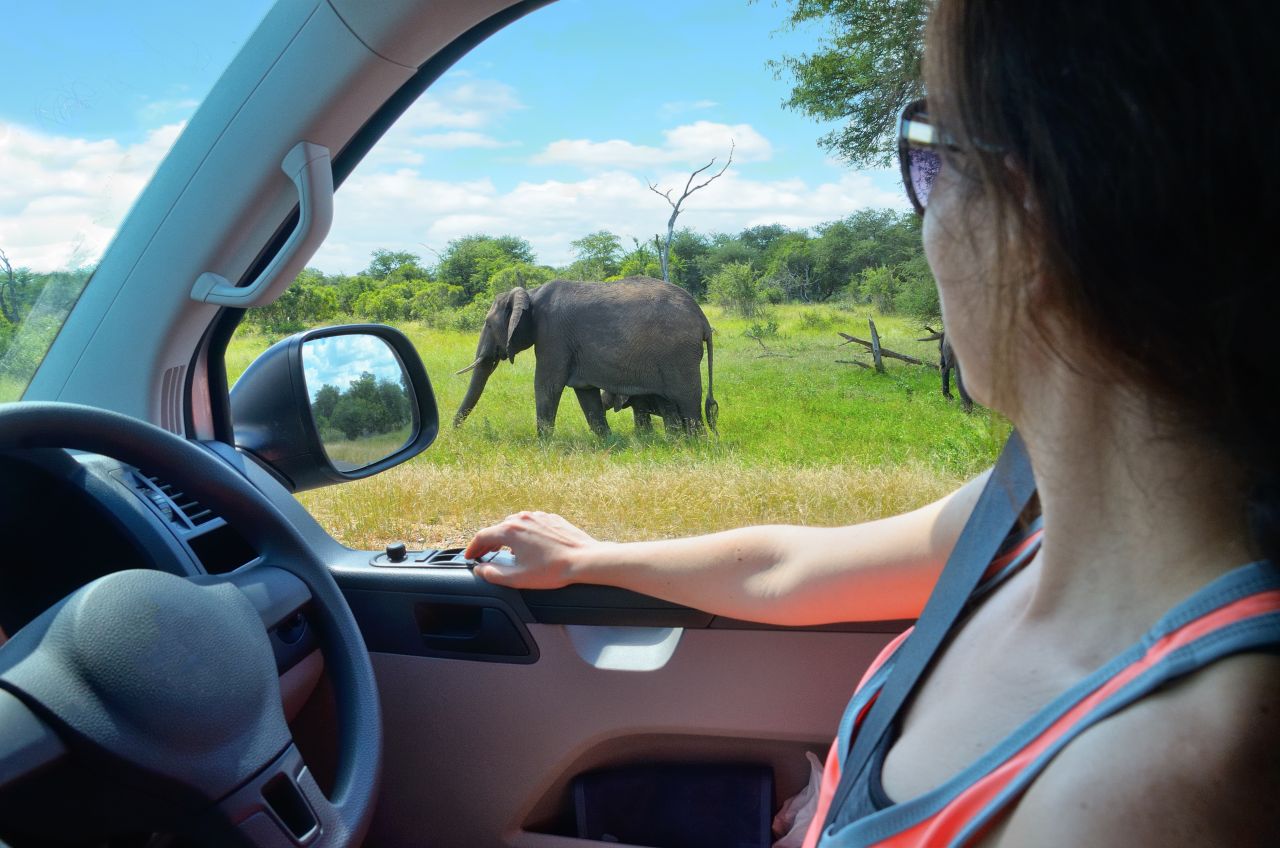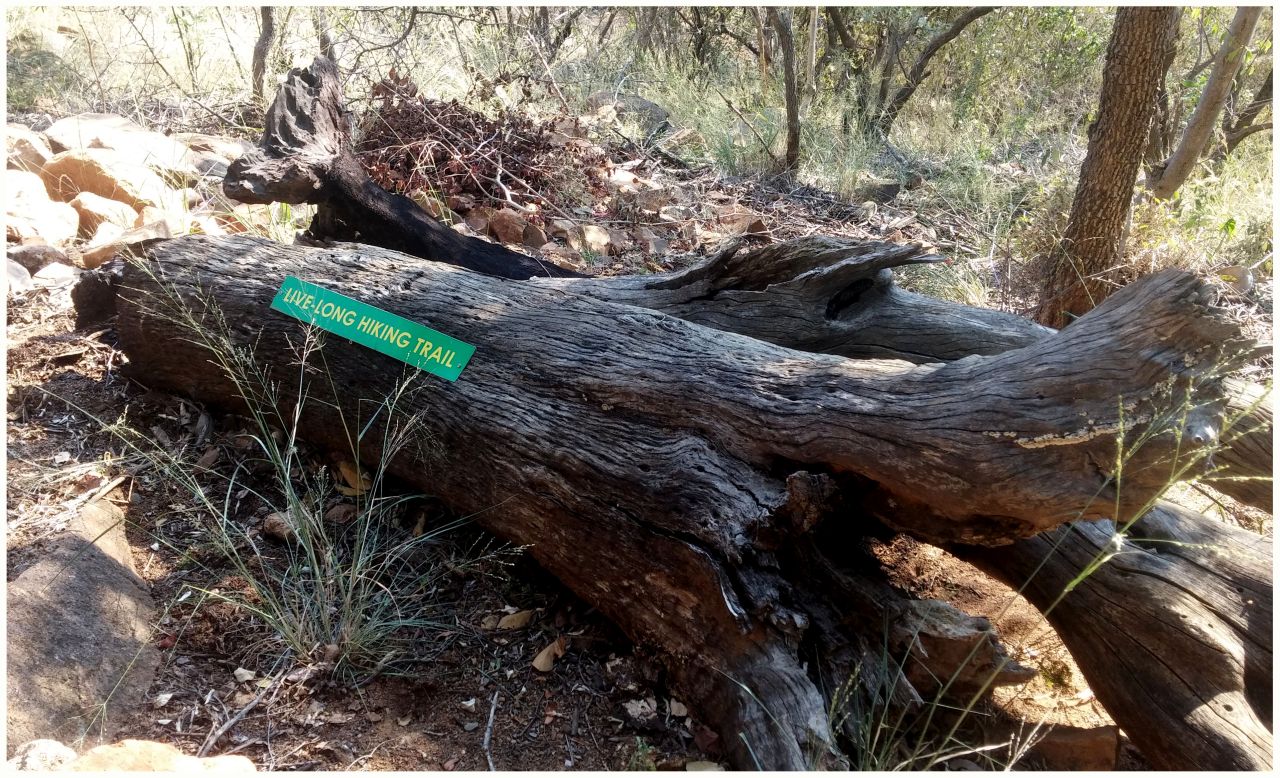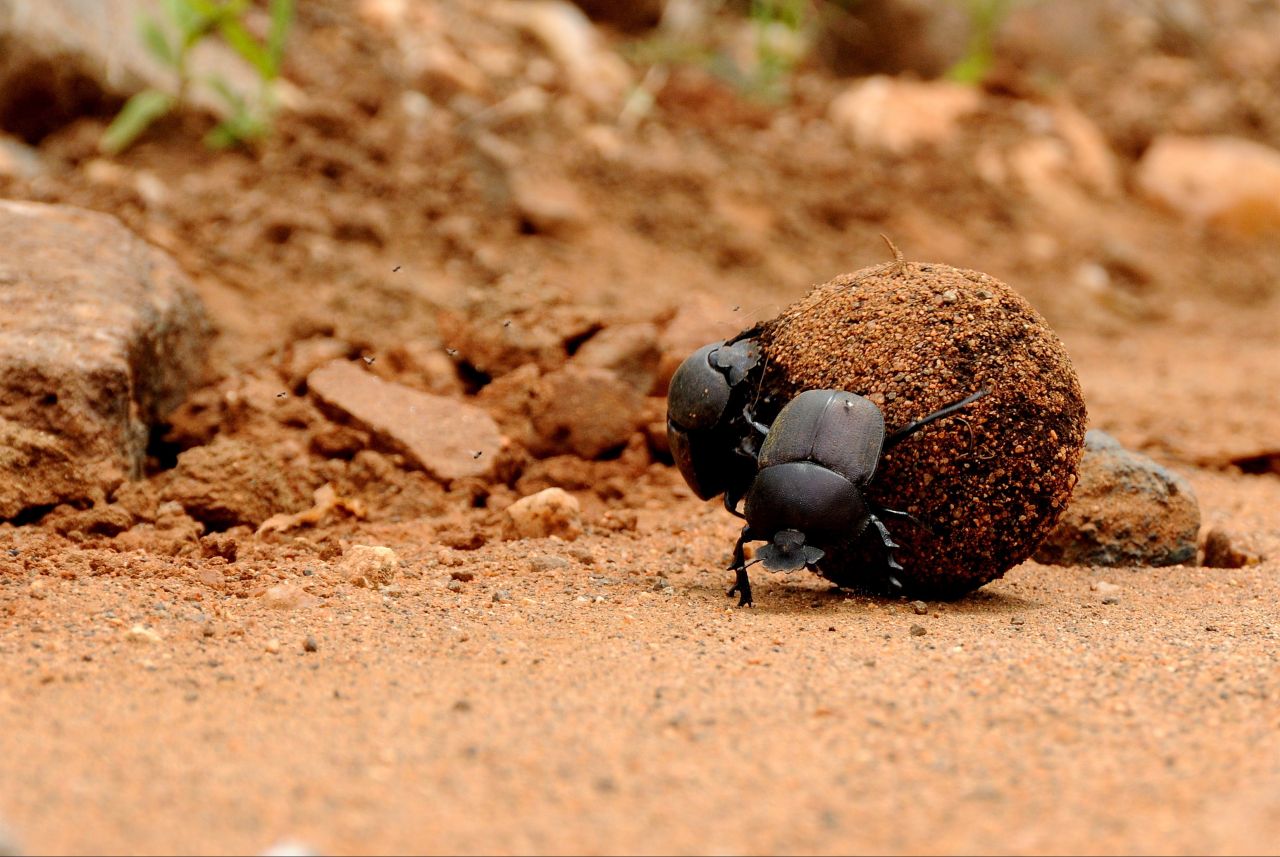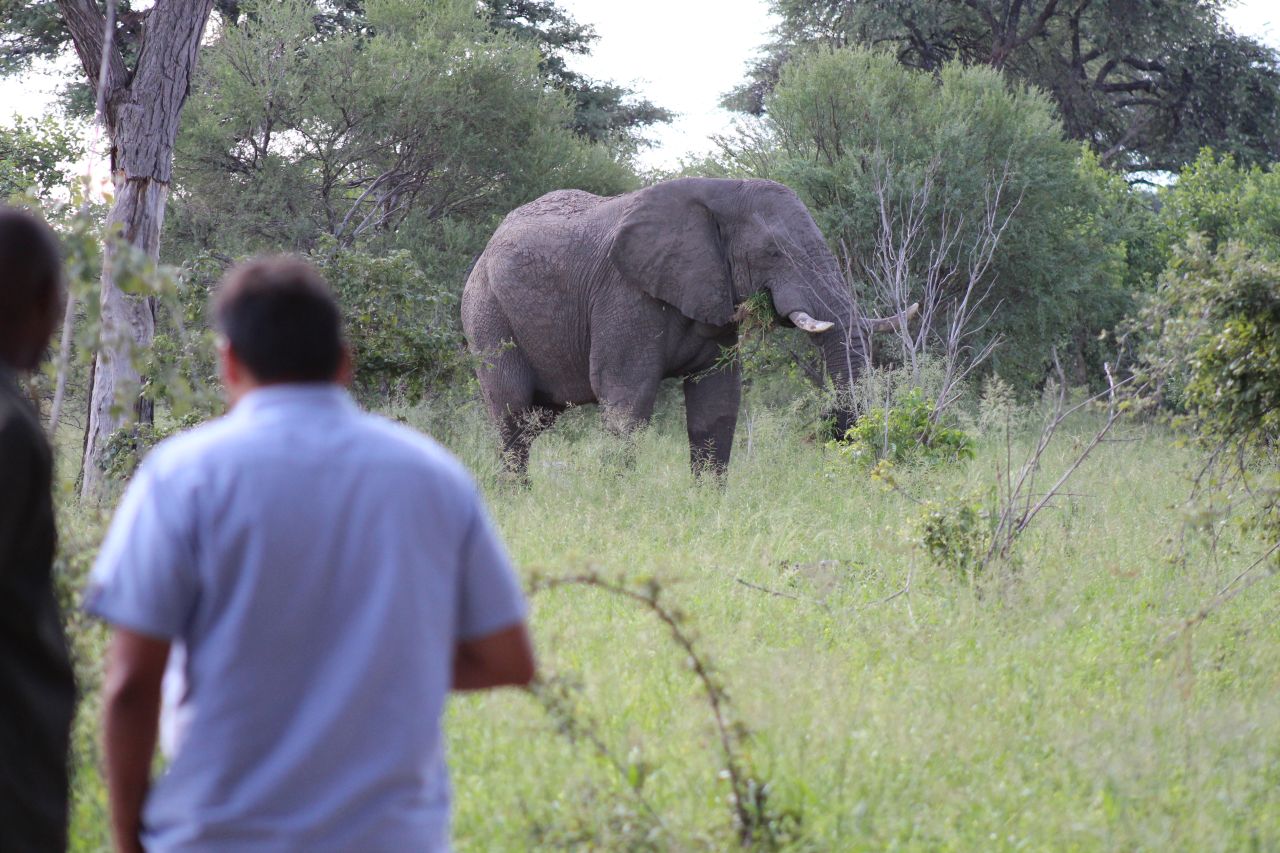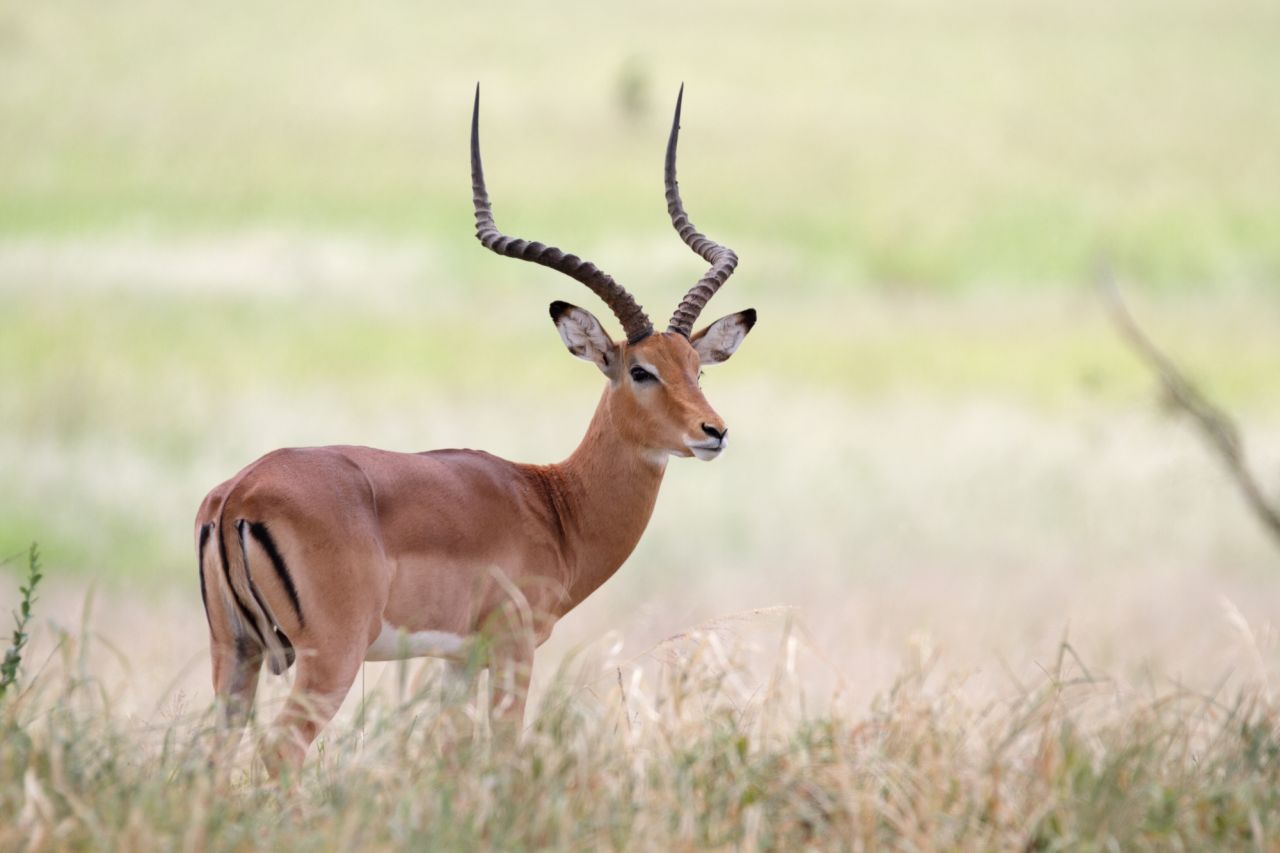Exploring the natural beauty of Mabalingwe Nature Reserve is an unforgettable experience. Whether you’re watching majestic elephants roam freely, spotting the elusive leopard, or enjoying a peaceful sunset, your time in the bush is bound to create lasting memories. However, with great beauty comes great responsibility. Observing bush etiquette is essential not only for your safety but also for the well-being of the wildlife and the preservation of their natural habitat. Here’s a guide on how to make your bushveld adventure both respectful and enjoyable.
Do’s for a Respectful Wildlife Experience
1. Do Follow Your Guide’s Instructions
Your guide knows the terrain, wildlife behaviour, and the reserve’s rules. Trust their expertise and follow their instructions to ensure your safety and the animals’ protection. If they ask you to stay quiet, keep your distance, or remain seated, it’s for a good reason!
2. Do Keep a Safe Distance
While it may be tempting to get close for that perfect photo, remember that the animals in the reserve are wild. Maintaining a safe distance is crucial for your safety and to avoid disturbing the animals. Binoculars and zoom lenses allow you to admire their beauty without invading their space.
3. Do Stay Quiet and Respectful
The bush is a place of calm and tranquility, and loud noises can disturb the animals. Speak softly, keep your movements slow and quiet, and avoid playing loud music or talking loudly. This ensures the wildlife feels safe and remains undisturbed in their natural environment.
4. Do Take Only Memories
Leave the bush as you found it. This means no collecting rocks, plants, or other natural artefacts. Taking anything from the wild disrupts the ecosystem. Instead, take lots of photos and soak in the experience, leaving only your footprints behind.
5. Do Use Designated Pathways Stick to the designated tracks and pathways in the reserve. Venturing off the beaten path can disturb sensitive areas of the ecosystem, harm smaller creatures, or disrupt wildlife habitats. It’s also safer for you and ensures minimal impact on the environment.



Dont’s for a Respectful Wildlife Experience
1. Don’t Feed the Animals
It’s important to never feed wildlife. Human food is not suitable for animals and can make them dependent on people, leading to dangerous encounters in the future. Feeding wildlife also disrupts their natural foraging behaviours and can result in health problems for the animals.
2. Don’t Litter
Littering in the bush is not only disrespectful but also dangerous to animals. Wildlife can mistake trash for food, which could lead to injury or death. Always carry your waste with you until you can dispose of it properly at a designated area.
3. Don’t Approach Wildlife on Foot
Even if an animal looks calm, approaching on foot can be seen as a threat, potentially leading to aggressive behaviour. Always remain in the safety of your vehicle or on designated walking trails with a guide. Wildlife has a natural instinct to protect their territory, and you want to respect that.
4. Don’t Use Flash Photography
Flash photography can startle animals, causing unnecessary stress. It may also disrupt their natural behaviours, such as hunting or feeding. If you want to capture a photo, use natural lighting or adjust your camera settings to capture the perfect shot without disturbing the wildlife.
5. Don’t Block Animal Pathways
If an animal is crossing the road, never block its path with your vehicle. Instead, switch off the engine and allow the animal to pass peacefully. This not only respects the animal’s right of way but also gives you an amazing opportunity to observe their behaviour up close.



Embrace the Spirit of Conservation
At Mabalingwe Nature Reserve, we’re committed to conserving our natural environment and protecting the incredible wildlife that calls this reserve home. By practising good bush etiquette, you’re playing a vital role in preserving the beauty and balance of the ecosystem.
Respecting the wildlife and nature during your visit ensures that future generations can continue to enjoy the wonders of the bush. Remember, we are only visitors in their home, so let’s tread lightly and act responsibly.
Experience Mabalingwe
Your experience at Mabalingwe Nature Reserve should be both awe-inspiring and respectful of the delicate environment you’re exploring. By following these simple do’s and don’ts, you’ll not only ensure your safety but also contribute to the conservation of this beautiful wildlife haven. So, as you embark on your next game drive or bushwalk, remember that your actions make a difference!
Book your stay today and experience the award-winning hospitality. For reservations, contact us at contactus@mabalingwe.com or 014 001 7011. You can also view live availability on this link: https://bit.ly/3hhSj3H.









